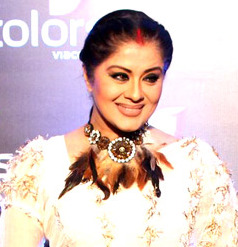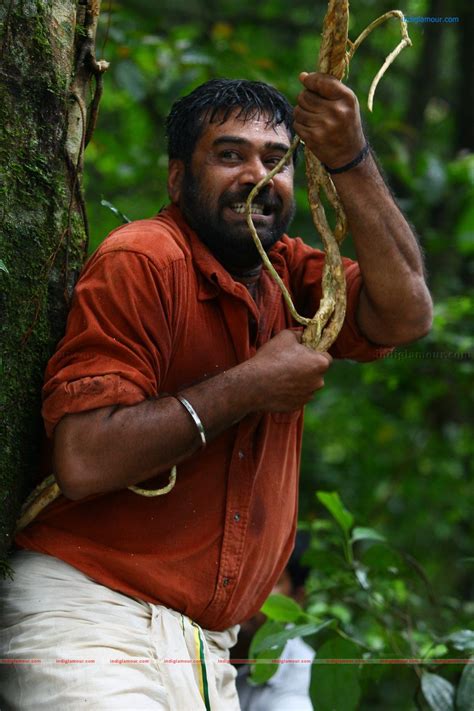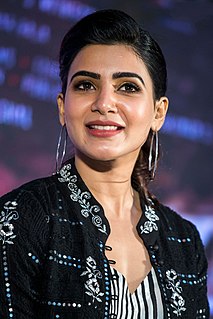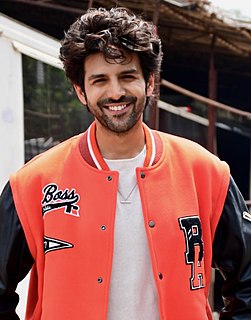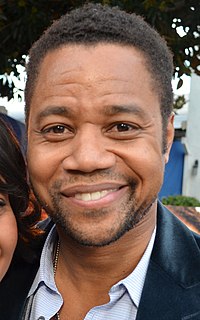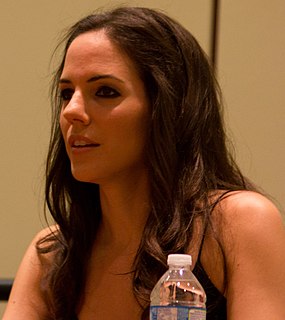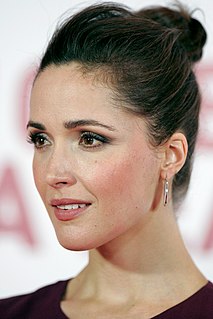A Quote by David Harewood
Studio heads seem to be getting the message that there is not only an audience out there, but there is a desire for people to see people of colour in central roles and in authoritative roles.
Related Quotes
For a long time, way back in the ’30s and ’40s, there were fabulous female roles. Bette Davis and all those people had incredible, great roles. After World War II, something happened where it was not only "get out of the factories," but "get out of the movies." That's when women's roles started to really [change].
Being an older person now, I'm finding that people are calling me to play various things. Variations on the theme of mother, caretaker, and in some cases, doctors, heads of organizations and things like that. For some people, I'm finally old enough to play those roles. We see men playing them when they're a little bit younger, and also in roles that call for some form of conflict and violence, either generating it or trying to curtail it. Women don't seem to be a big part of those common and often used movie themes.
Roles that involved, whether it be training, whether it be physicality, getting skinny, there's some investment. There are roles that you do like that and sometimes there are roles that you do to make sure your family doesn't starve, but then you have to still say, "Is there something I can do with this? Can I do something with this that will be fair to the people watching it and fair to my time as well?" I'm at the point where that luxury of choice is getting more and more for me, absolutely, but it's more primarily roles that are more demanding of me in every way.
Ninety percent of my roles, I've had to fight for. It's only a really small percentage of people who get handed roles. But that can be quite scary. The good thing about auditioning is that you get to test yourself and see if you can play this character - you're also auditioning yourself. I enjoy seeing what the chemistry is between the people you might be working with.
It's so important to create roles and characters and projects that feature black people in a way that's not specifically targeted toward the niche market, which is, like, a black movie is created and it's produced and pitched so that only black people will watch it ... I want to see dynamic characters and roles that everyone wants to watch.
The roles for women on television have historically always been stronger and that, I would say, is still true. The question is commerce. That's probably where there's a block for a lot of people, the commerce behind it. Where is the audience? And it's so clear to me that there is a huge audience for female-driven projects. People still seem to think it's a fluke when it happens. That's one of the hurdles that's still left to be jumped over.


